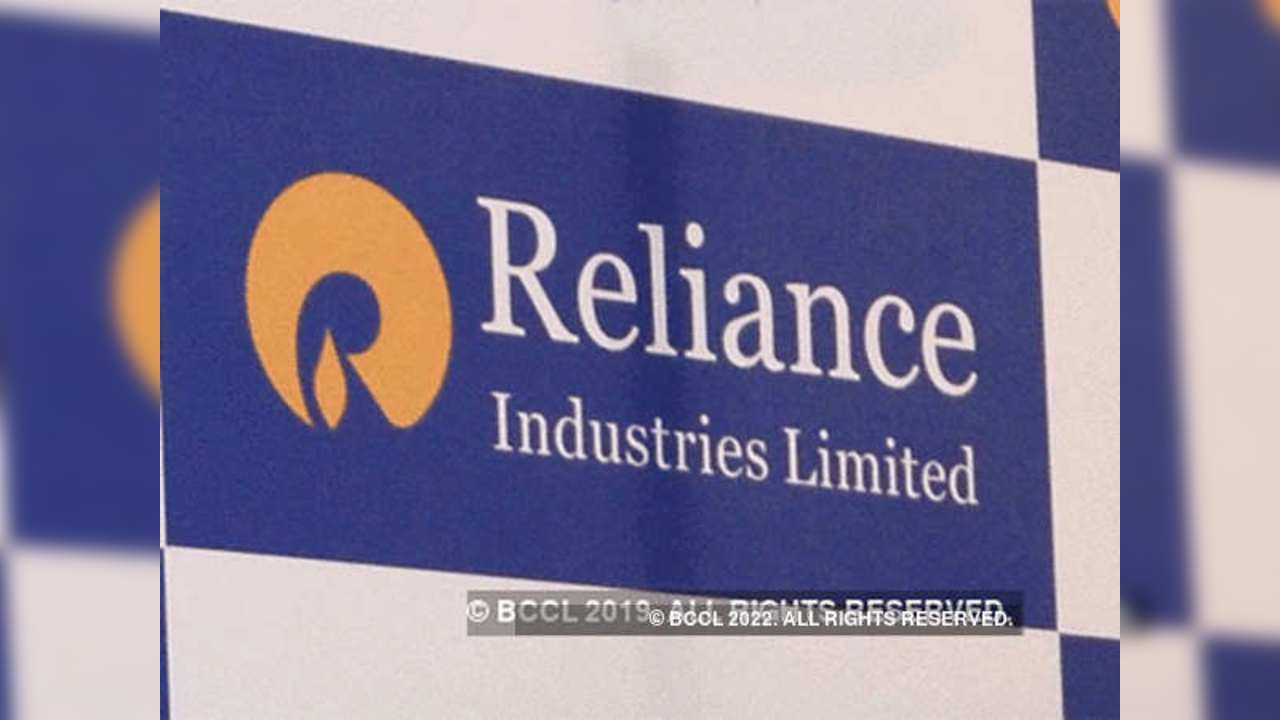Relief to Reliance: Supreme Court tells Sebi to let company access documents in share acquisition probe
"Sebi is a regulator and has a duty to act fairly. It is not to circumvent the rule of law and they have to show fairness. We allow this and direct SEBI to furnish the document sought by RIL," the CJI said while allowing the appeal of Reliance Industries.

Reliance Industries
Photo : BCCL
The Supreme Court has directed market regulator Sebi to give Reliance access to certain documents used to probe a share acquisition matter. The apex court also observed that it was the duty of the regulator to “act fairly”.
A bench headed by Chief Justice N V Ramana asked the regulator to share relied upon documents to the private firm, which claimed that these papers exonerate it.
"Sebi is a regulator and has a duty to act fairly. It is not to circumvent the rule of law and they have to show fairness. We allow this and direct SEBI to furnish the document sought by RIL," the CJI said while allowing the appeal of Reliance Industries.
Sebi relied on these documents in its investigation against India's most valuable company, which had moved the Supreme Court against a Bombay High Court order rejecting RIL's bid to gain access to the records.
In a 42-page order, a three-judge bench led by the Chief Justice on Friday said Sebi was selectively disclosing documents pertaining to the case. Of the three documents sought by Reliance, the first and second are opinions by retired Supreme Court judge BN Srikrishna, while the third is a report by chartered accountant YH Malegam.
Reliance had argued that Sebi was only disclosing excerpts of the opinions by Srikrishna that "vaguely point to the culpability" of the company. Sebi was refusing to divulge the other parts of these reports that "exonerate" the company, it had said.
"Another disconcerting aspect of this case that comes to the fore is Sebi's attempt to cherry-pick the documents it proposes to disclose," the bench observed. "Such cherry-picking by Sebi only derogates the commitment to a fair trial..."
"Such selective disclosure cannot be countenanced in law as it clearly amounts to cherry-picking," the apex court bench said.
The regulator said the documents in question contain "privileged" information that didn't need to be disclosed at this "premature" stage. The apex court didn't agree with Sebi's argument.
"The approach of Sebi in failing to disclose the documents also raises concerns of transparency and fair trial. Opaqueness only propagates prejudice and partiality. Opaqueness is antithetical to transparency," the bench observed. "Principles of fairness and transparency of adjudicatory proceedings are the cornerstone of the principles of open justice."
The case centres around whether Sebi should share all relevant investigation documents with accused parties. Legal experts say this has been a controversial issue for a long time since the regulator adopts a conservative approach.
Trending:
End of Article
Subscribe to our daily Newsletter!
Related News





India's Online Credit Card Spending Hits Record High At Rs 1,04,081 Crore - Details

Kotak Mahindra Bank Shares Down By 10 pc Following RBI Restrictions- Check Details

Vodafone Idea FPO Opens 9 pc Higher Than Issue Price On BSE - Details

HUL Expects Improvement in FMCG Demand With No Price Hike in Short Term

Happiest Minds To Acquire 100 pc Stake In Noida Based Technology Services Company - Check Details








